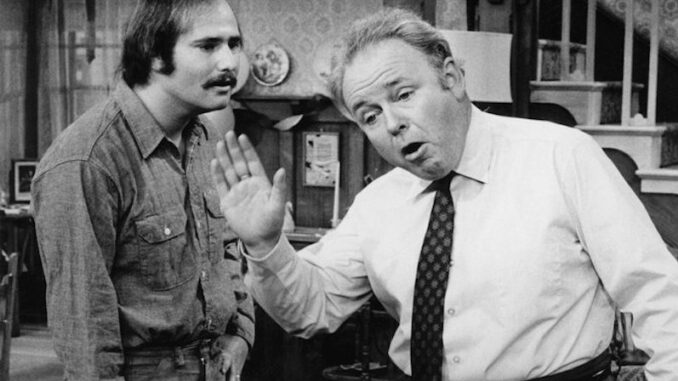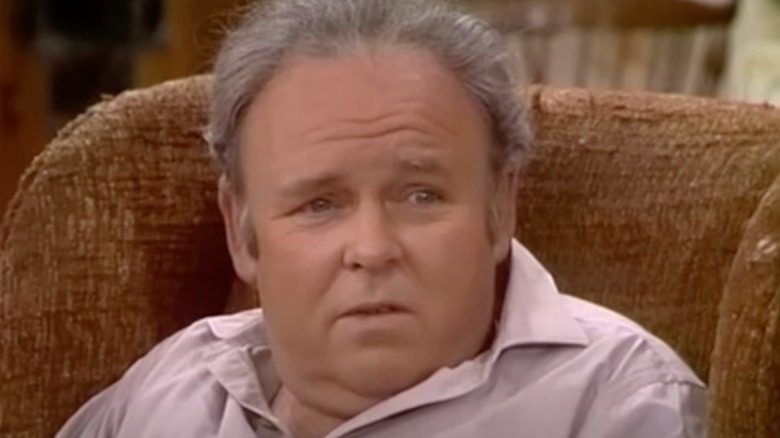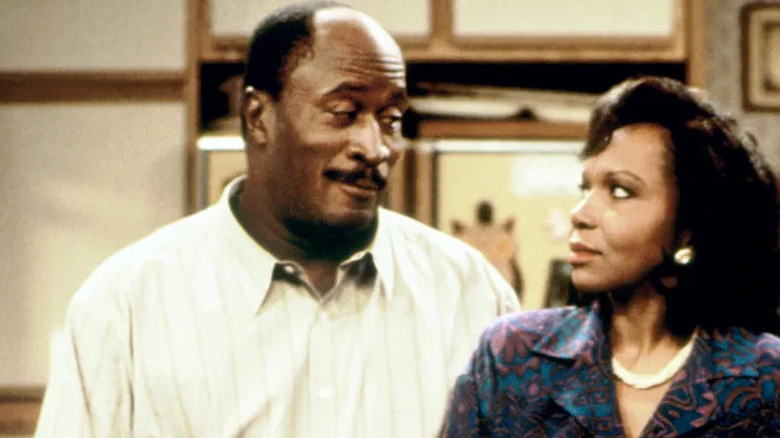
Norman Lear, who recently passed away at the age of 101, reshaped the landscape of American sitcoms in the 1970s, tackling contentious cultural issues with humor and daring. Shows like All in the Family and The Jeffersons became television staples, drawing millions of viewers and bridging generational divides. However, Lear’s later attempts to recreate that magic met with less success, particularly with the spinoff 704 Hauser.
A Promising Concept
704 Hauser was set in the familiar Bunker home, now inhabited by a Black family, led by John Amos, a veteran actor known for his role on Good Times. Lear envisioned the show as a fresh perspective on contemporary societal issues, showcasing the struggles between generations and cultural identities. The family dynamic was central, with Amos portraying a father trying to guide his son, who was more aligned with conservative values than his father hoped. Lear believed the show had significant potential, foreseeing it could delve into many topical discussions about race, identity, and familial relationships.
In a 2004 conversation with Congressman Barney Frank, Lear expressed his disappointment over the show’s limited run. CBS bought only six episodes, a stark contrast to the 22-episode orders he had received early in his career. Lear lamented, “We had that one right,” emphasizing the missed opportunity to explore meaningful themes that resonate today.
Critical Reception and Controversy
The initial reception of 704 Hauser was lukewarm at best. Critics described the pilot as “tepid,” and while some acknowledged that the show improved in its later episodes, it still struggled to find its footing. The series faced scrutiny not only for its content but also for the potential controversies surrounding Amos’ character’s prejudices. Critics highlighted the show’s exploration of racial tensions and the complexities of African-American conservatism, an angle that Lear believed could spark important conversations.
Despite its intriguing premise and Lear’s involvement, 704 Hauser ultimately fell short of its potential. The show struggled to connect with audiences, leading to its cancellation before it could fully realize its narrative possibilities. Lear’s commentary on the current landscape of television suggests a longing for the days when networks took risks on socially challenging content—a sentiment that echoes the struggles of today’s entertainment industry in addressing complex societal issues.
A Legacy of Bold Storytelling
Lear’s work remains a significant part of television history, and while 704 Hauser may not have achieved the success of its predecessors, it serves as a reminder of his commitment to pushing boundaries. Through shows like All in the Family, he challenged viewers to confront their biases and engage in meaningful dialogue. In an era marked by polarization, Lear’s vision for 704 Hauser highlights the ongoing need for narratives that provoke thought and foster understanding.
As television continues to evolve, the lessons learned from Lear’s pioneering approach remain relevant, underscoring the importance of bold storytelling in addressing societal complexities. While 704 Hauser may not have fulfilled its promise, Norman Lear’s legacy endures through the conversations he inspired and the barriers he helped to break down in the world of television.
